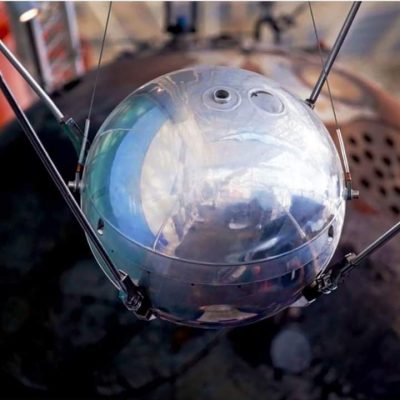
It orbitted around Earth for about 3 weeks until its batteries died down.
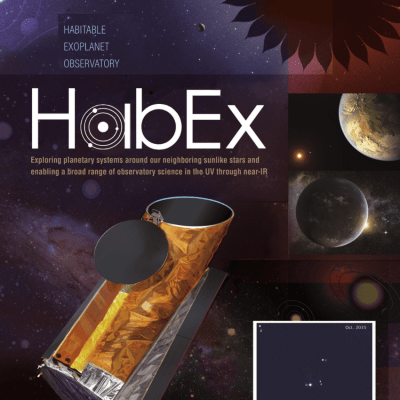
Habex is a space telescope designed to detect terrestrial orbits around bright stars. (Habitable Exoplanet Imaging Mission-HabEx). Habex is looking for stars as bright as the sun. Planets in their habitable zone and the presence of water and methane on such planets will be examined. Water and methane are signs of life. Water is the…

. The Soyuz MS-19 crew ship docked to the Roswet module next to the spacecraft … !! Mark Vande Hei holds the US record for most time spent in space. He will arrive at the station on April 9, 2021 and leave on March 30, 2022 ….
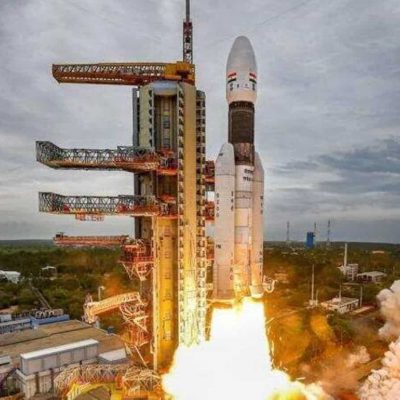
Today’s the first launch since Somnath became chairman. Three payloads are currently in orbit, including the EOS-04 Observatory satellite and two satellites, INSPIREsat-1 and INS-2TD.

Another private satellite has detected and sent images of a Chinese spacecraft stalling, capturing another spacecraft and launching it into the deadly orbit of a spacecraft 300 km away. The Chinese spacecraft SJ21 captured another stationary satellite, the Compass G2, and destroyed its orbit. The incident took place on January 22 Elon Musk fills space…

Weighing in at just 64 grams, the satellite is 3.8 cm in size with a cube shape. It is made entirely of 3D-printed polycarbonate polymer. It is equipped with a nano geiger Mueller counter that measures radiation in space. It was successfully launched by NASA on June 22, 2017 from the Wallop Place Flight Facility…
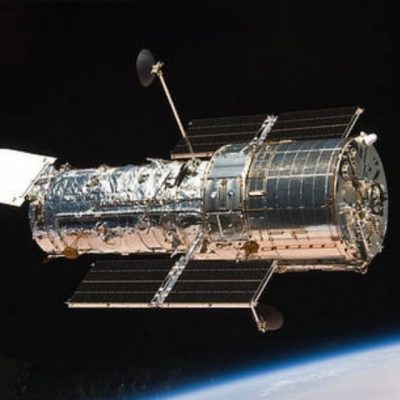
The best pictures of space!We are all excited about the arrival of James Webb, but let’s not forget that Hubble has gifted us with some of the best portraits of space.These stunning original images of the universe include: the Sombrero galaxy (infrared), the ring nebula, the spiral galaxy NGC 1566, the NGC 5195, the Veil…
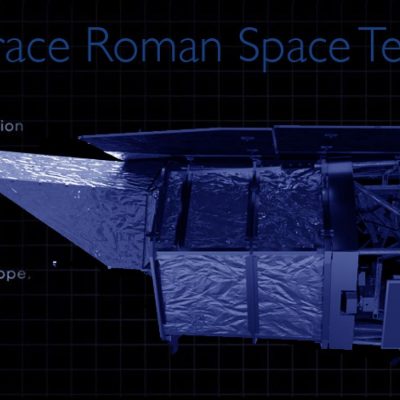
Work on the project began in 2010. The Infrared Observatory, like the James Webb Space Telescope (JWST), aims to gather evidence of primitive light by looking into the maximum distance of the RST universe. However, the main purpose of the Roman Space Telescope was to study dark energy, or dark energy, and distant planets.The glass…